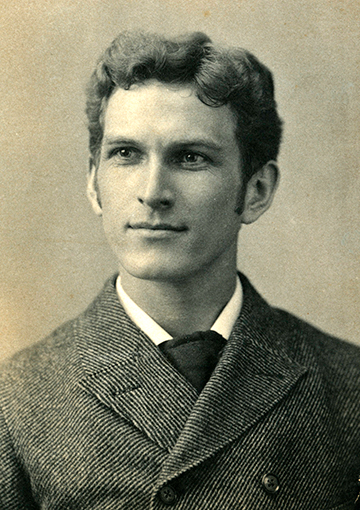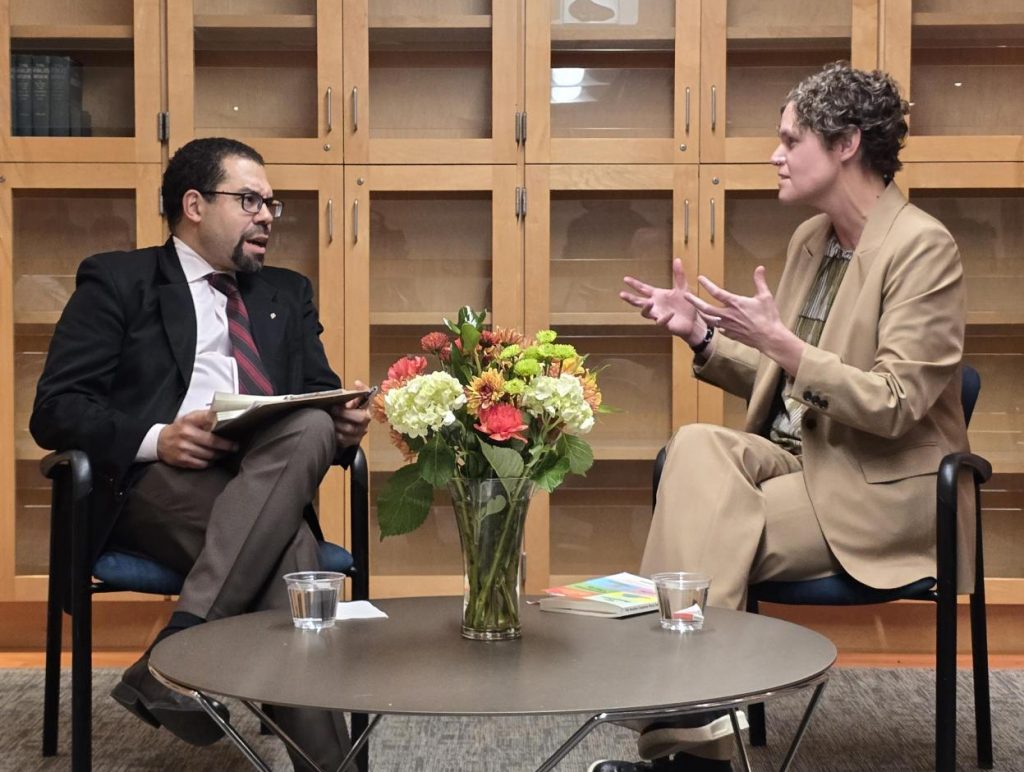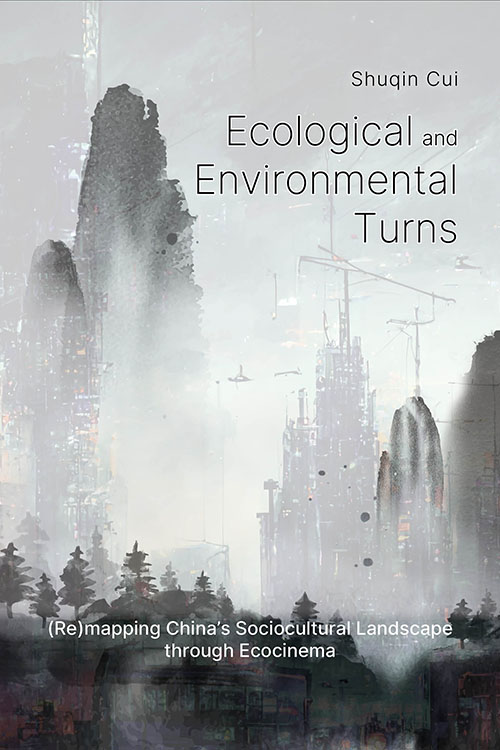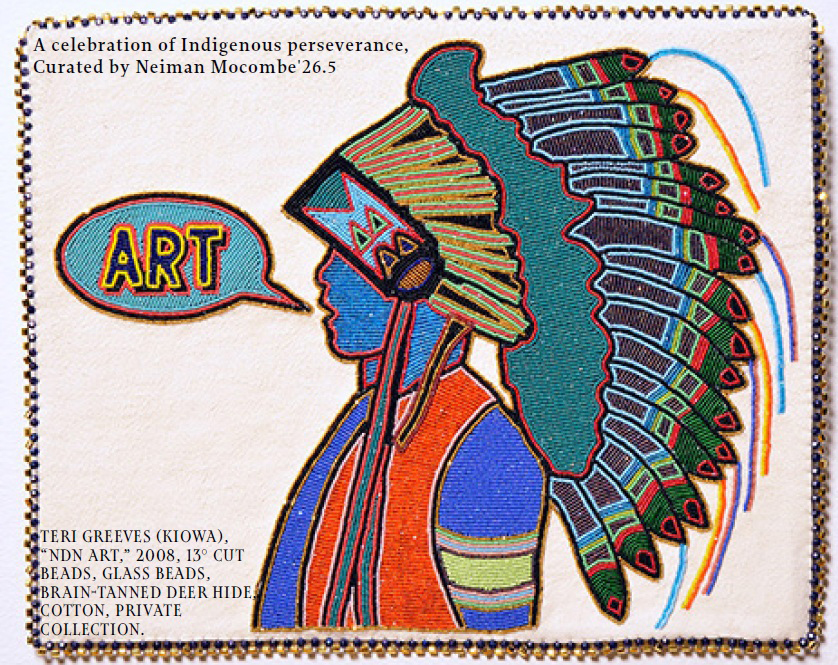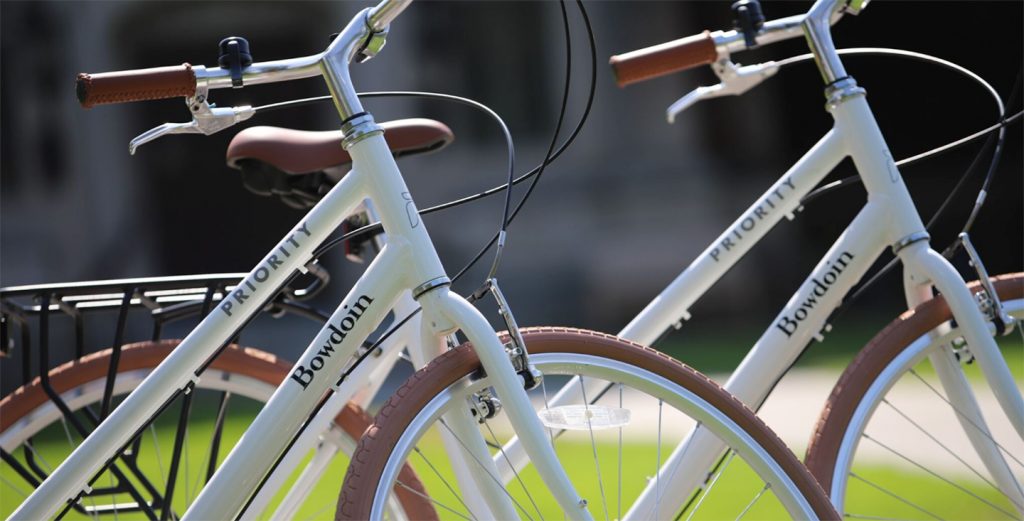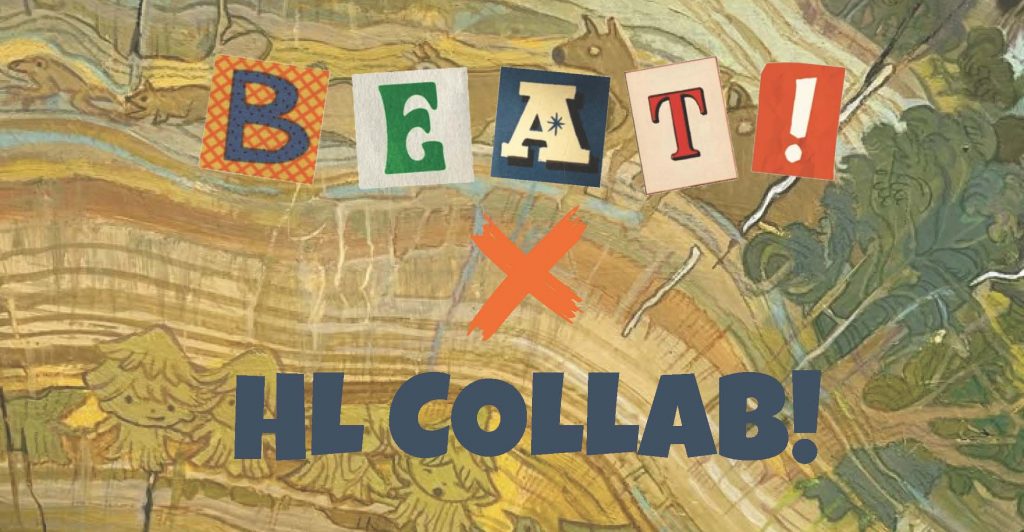
We invite you to browse a collection by the Bowdoin Environmental Action Team (BEAT), a student club focused on environmental action and advocacy on campus. Kylie Binder (’29), a representative from the club, shares that the “crippling anxiety, fear, and altogether feeling of helplessness surrounding the climate crisis has the power to paralyze us. For the sake of ourselves and each other, for all of humanity and the natural world, we must not let that happen. The only way to truly conquer this fear is to “ecocate” ourselves as much as possible, to learn about the solutions, to seek out the truth, to shine a flashlight into this dark corner of our minds. This collection features forward-facing, solution-focused books and documentaries that aren’t only enlightening and educational, but entertaining reads and films. Don’t walk in these turbulent times alone, and most especially don’t walk blind and unaware. Open your eyes, open a book.” We are grateful for the opportunity to collaborate with BEAT! Their display will be up through early March—come take a look!
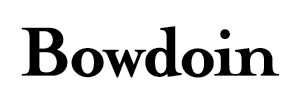

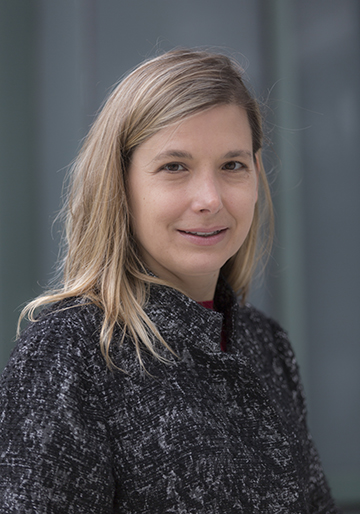
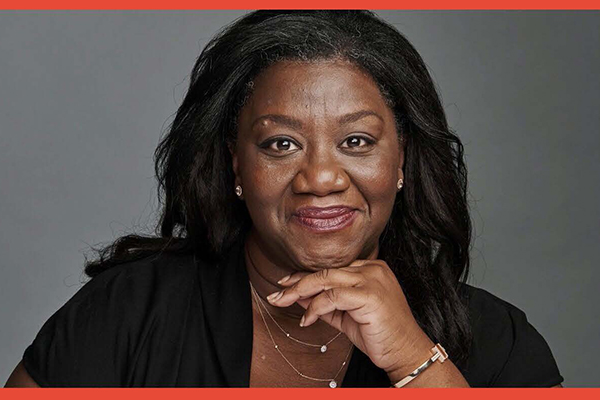
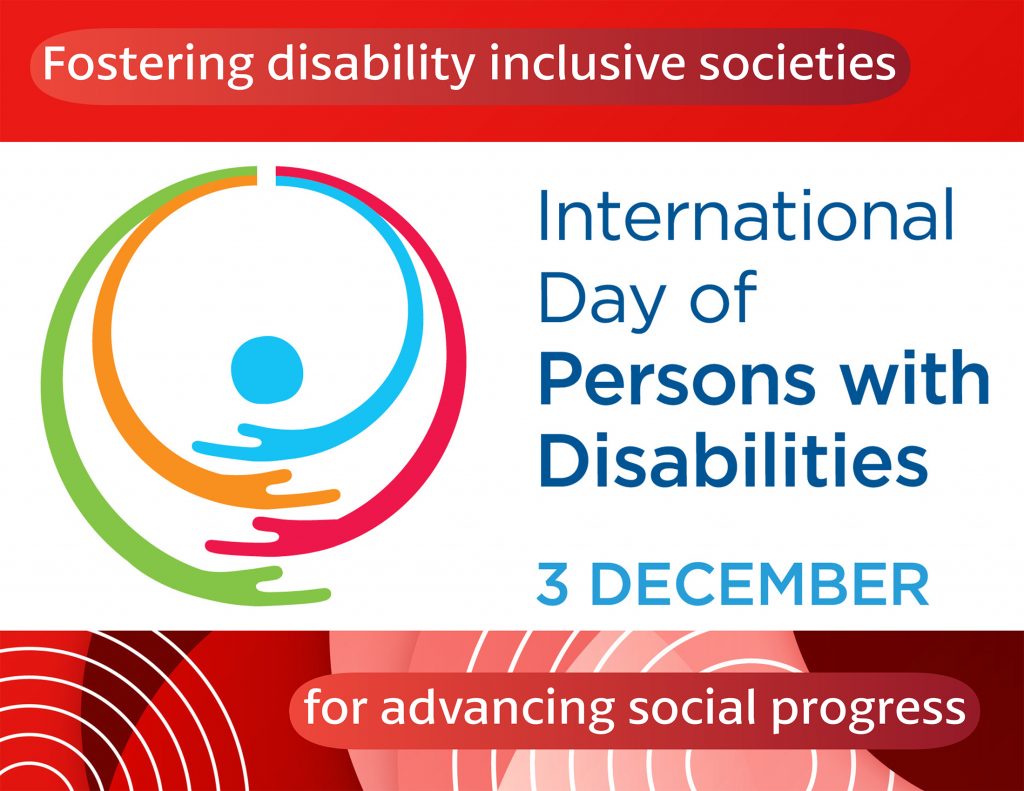 Please join us in celebrating International Day for Persons with Disabilities at Bowdoin by visiting our book display on the first floor of H-L and reading books recommended by Bowdoin students!
Please join us in celebrating International Day for Persons with Disabilities at Bowdoin by visiting our book display on the first floor of H-L and reading books recommended by Bowdoin students!